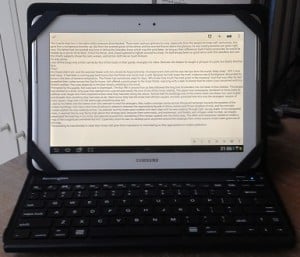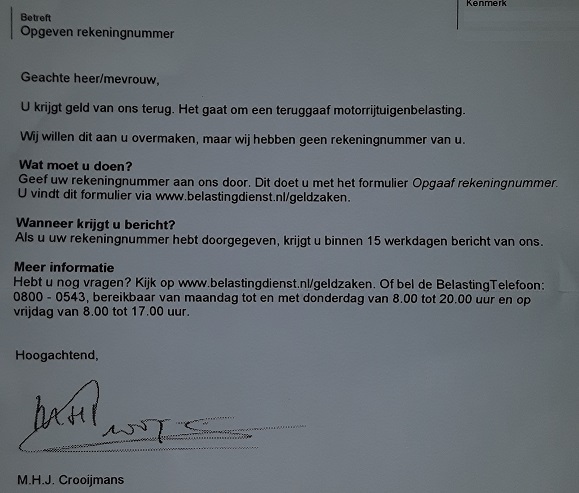 What to do if my on-train writing during my twice-daily 45-minute commute is frustrated by bad technology?
What to do if my on-train writing during my twice-daily 45-minute commute is frustrated by bad technology?
Swiftkey, the app I embraced as God’s gift to writers, may on second glance not actually have been created by a Supreme Being after all, despite being all but worshipped by Android users around the globe. At first so eerily good at learning my writing style and predicting my typing that I haven’t spelled my name or typed out the title of my novel in six months, it got so bad that it took tens of seconds after each (touchscreen) keystroke to select an appropriate set of predictions. The lag grew and grew until tablet typing, always a slow two-fingered process, would have been outpaced by any single-finger letter pecker.
Then, five minutes into a recent commute, the app crashed. And when I say crashed, I mean crashed, burned, exploded, disintegrated, and caused no end of collateral damage. When I go down, Swiftkey apparently thought, everything goes down. Not only did Swiftkey crash at any attempt to type anything: even the default Samsung keyboard app wouldn’t work anymore.
Do you know how hard it is to troubleshoot an IT problem when you don’t have the ability to enter text any longer?
I thought about returning the device for repairs, complaining to Swiftkey, even ditching the whole thing in favor of an iPad, and exchanging my Samsung Droid for an iPhone in the process. When I go sour on something, I go sour with a vengeance.
Cut to two weeks later. On the train today, I wrote 1500 words, even though my writing was made impossible by train problems during half of one leg of my commute. How? Well, it was embarassingly obvious, really. I bought myself a real, honest-to-God, bluetooth physical keyboard.
But isn’t that basically the same as a laptop? Yes it is, smartass. Only lighter, and breakdownable into its component parts, and smaller, and cooler, and easily-on-my-lap-fittable. And with a touch screen.
